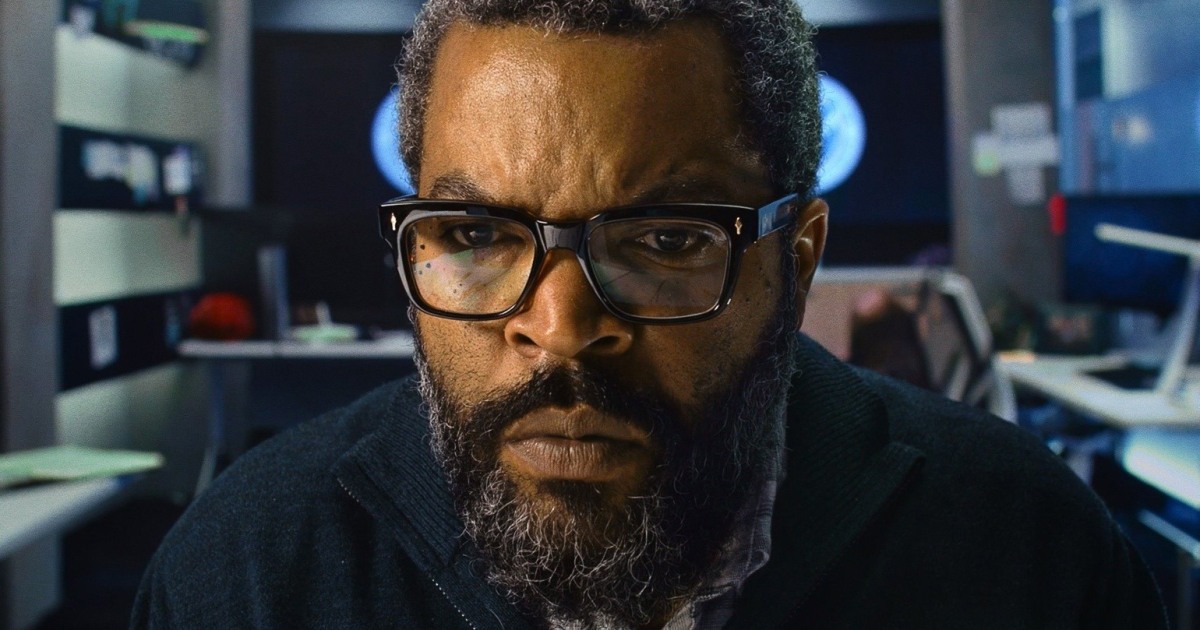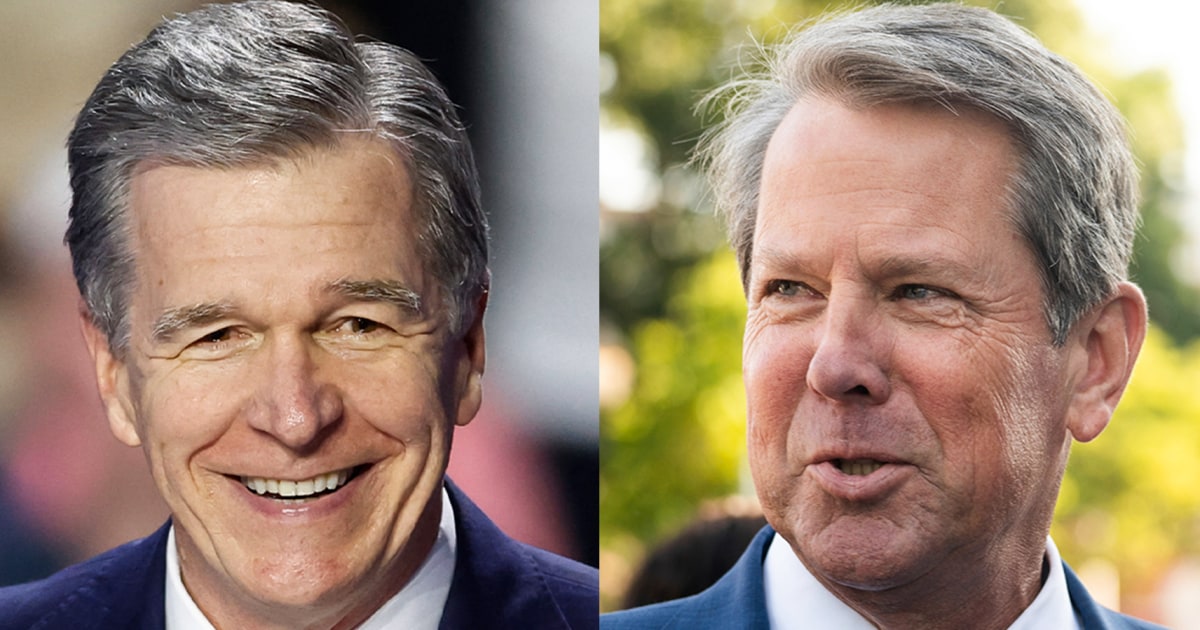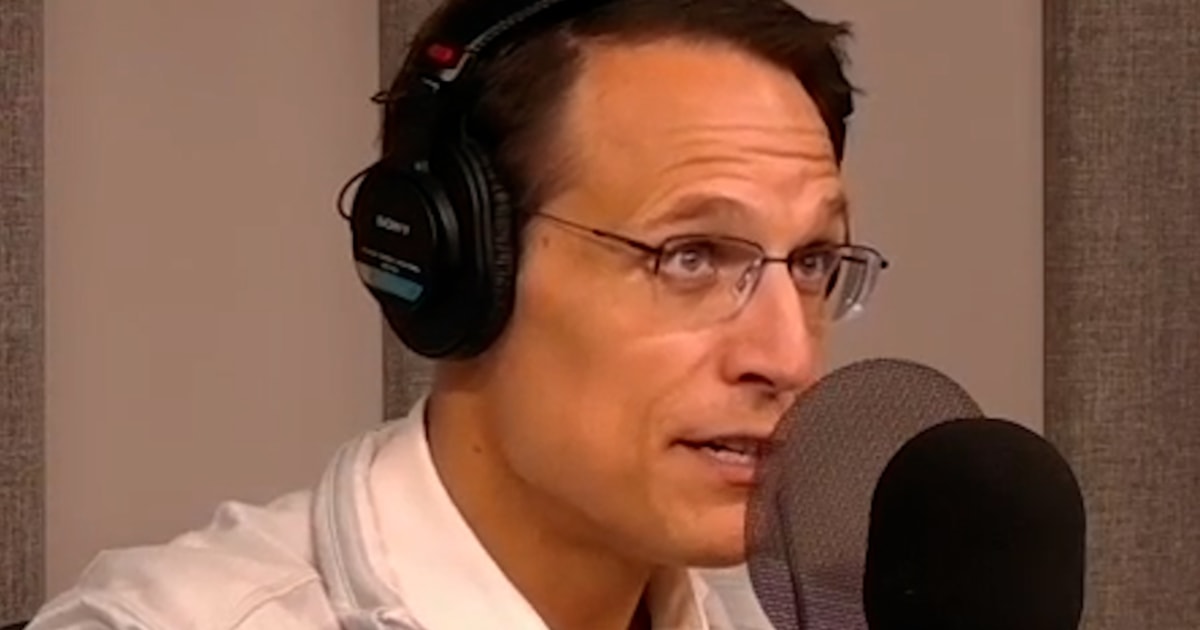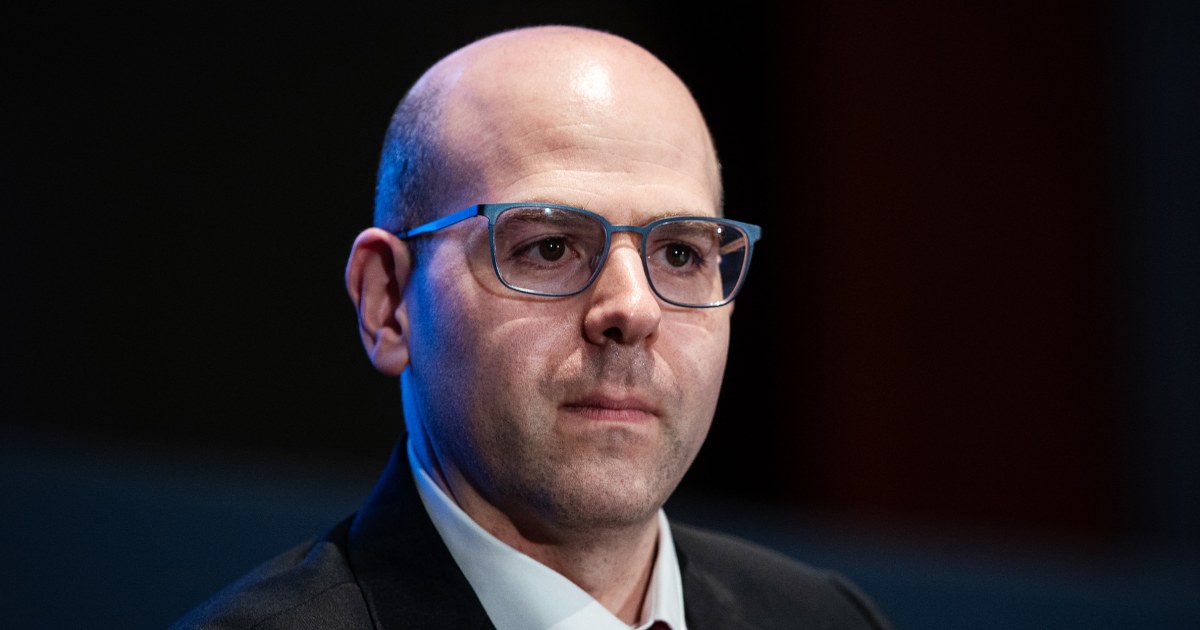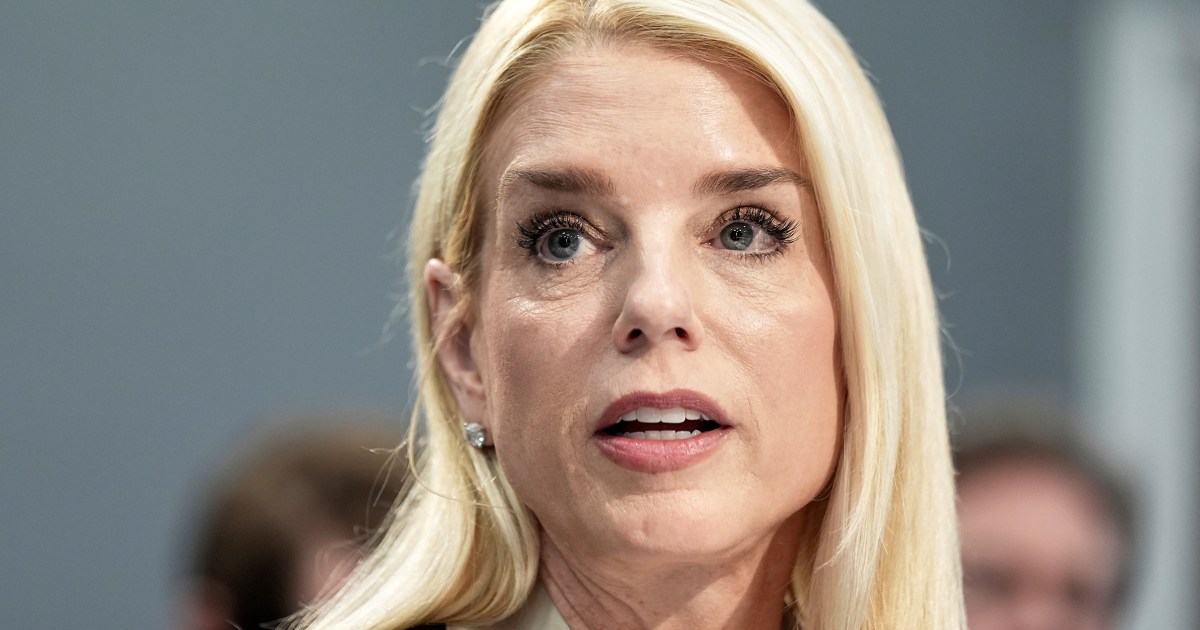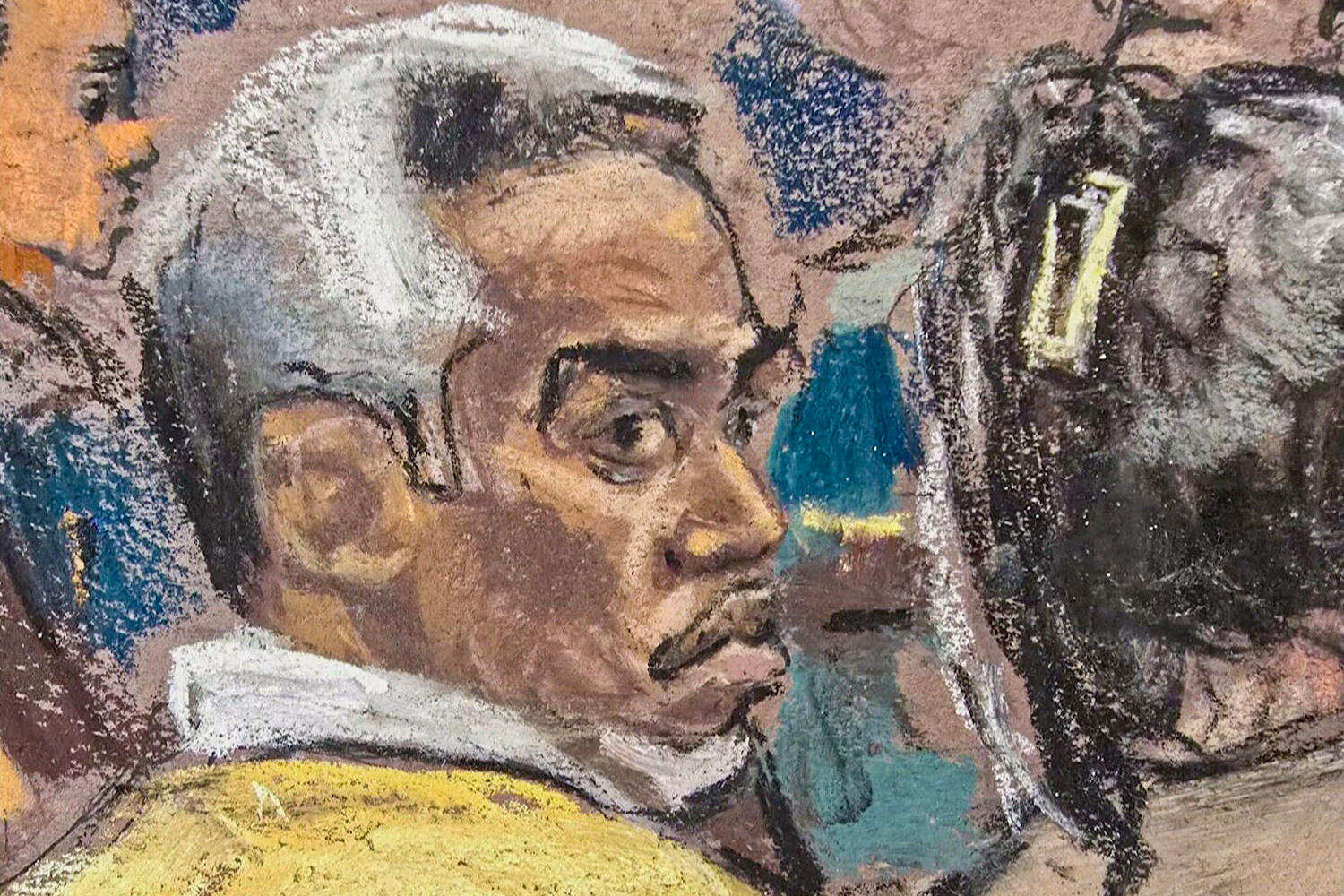
Sean “Diddy” Combs, the one-time global hip-hop titan whose criminal trial unveiled harrowing testimony accusing him of sexual abuse against women and forced drug-dazed “freak offs,” was acquitted Wednesday on racketeering conspiracy and sex trafficking but found guilty of lesser charges in his federal trial.
The jury’s verdict, delivered on the third day of deliberations, declared Combs, 55, not guilty of one count of racketeering conspiracy and two counts of sex trafficking by force, fraud or coercion, but guilty of two counts of transportation to engage in prostitution.
At sentencing, the prostitution transportation charge carries as much as 10 years in prison per count. Prosecutor Maurene Comey said they would seek the maximum of 20 years in total.
Sign up for the “Diddy on Trial” newsletter for key developments and analysis
Combs could have faced life in prison if found guilty of the more serious charges. After the verdict was read, he put his hands in prayer to give thanks to the jury. He also fell to his knees with his head in a chair, praying, as his family clapped and cheered.
Combs’ lead attorney, Marc Agnifilo, asked U.S. District Judge Arun Subramanian to release him from federal detention, where he has been for nearly a year. He also asked for him to be released on conditions to his home in Miami and offered a $1 million bond.
Subramanian said he would review whether to release Combs later Wednesday after receiving arguments from prosecutors and the defense.
The partial conviction caps an astonishing moment for Combs, a self-made rapper from New York who rose to the pinnacle of hip-hop culture and became a household name. After a three-decade run in the spotlight, it was allegations by his ex-girlfriend, the R&B singer Cassie, that began his precipitous fall from impresario to convicted criminal.
Over the course of a seven-week trial in New York, a jury of eight men and four women heard the U.S. government accuse the Bad Boy Records founder of leveraging his power, wealth and influence as the head of a “criminal enterprise” to sexually abuse and exploit women for his own gratification over two decades.
His defense pitched to jurors that the case against Combs was “badly exaggerated,” and he was simply on trial for a “swingers” lifestyle — one tinged with violent behavior and included supplies of drugs and baby oil — that was ultimately consensual.
The dueling depictions cast a far-different image of the Harlem-born hitmaker, who once ruled the hip-hop and R&B charts, was a fixture in celebrity circles and propelled his exuberant personality, lavish lifestyle and business pursuits, including in reality television and fashion, as an entrepreneur and brand ambassador.
The trial heard from almost three dozen government witnesses, from former personal assistants to stylists to label artists, some willingly testifying against Combs, while others were granted immunity in exchange for their testimony.
Three women, including Cassie, whose real name is Casandra Ventura, were central figures in the case, as they provided graphic testimony of allegations of sexual assault and violence or threats of blackmail.
Combs’ lawyers called no witnesses of their own and the defendant himself decided not to testify, as much of the defense’s case was laid out during lengthy cross-examinations of government witnesses.
The high-profile trial at a federal courthouse in lower Manhattan was not televised. The main courtroom was routinely packed, as Combs’ mother and six adult children regularly showed up in support, with Combs — often in a sweater and khakis — mouthing, “I love you” or forming his hands in a heart shape.
On the racketeering conspiracy charge, a jury must be convinced beyond a reasonable doubt that a defendant was involved in an enterprise among two or more people to engage in at least two criminal acts affecting interstate commerce — offenses that may include kidnapping, arson, bribery, forced labor, sex trafficking and other underlying crimes.
For the standalone sex trafficking charge, prosecutors must demonstrate the defendant by force or threat compelled others to commit commercial sex acts in which something of value, such as money, was received.
Coverage of the ‘Diddy’ trial
During her nearly five-hour closing argument, Assistant U.S. Attorney Christy Slavik reminded the jury about various government witnesses who testified about the alleged crimes. She said an ex-assistant of Combs, Capricorn Clark, was subjected to kidnapping and forced labor, while a romantic rival of Combs, the rapper Kid Cudi, had his car firebombed in an act of arson.
A former assistant who testified under the pseudonym “Mia” and accused Combs of sexually assaulting her multiple times was another example of forced labor, Slavik said.
On the two counts of sex trafficking by force, fraud or coercion, Slavik told jurors that they did not need to believe Ventura or another ex-girlfriend, who testified under “Jane,” were engaged in sex acts against their will in every instance.
The women testified to “freak offs” and “hotel nights,” which were the names for drug-induced sexual encounters with male escorts they said Combs routinely manipulated them into — otherwise, recorded videos of the explicit sex acts could be shared with others. (Jurors and Combs were played clips from the videos as part of the prosecution’s evidence, but they were not shown to the full courtroom.)
“So, if there was one time, one single freak off, when the defendant knew or recklessly disregarded that Cassie or Jane was participating because of his lies, his threats or his violence, then that’s it,” Slavik said, “he’s guilty.”
Combs’ defense team maintained that he operated a legitimate business and was being unfairly targeted by overzealous prosecutors.
“Sean Combs has become something that is very, very hard to become, very hard to be,” Agnifilo said in his four-hour closing arguments. “He is a self-made successful Black entrepreneur.”
While Agnifilo didn’t deny Combs was consumed by bouts of jealousy and engaged in angry tirades that involved domestic violence, the women, ultimately, chose to stay with him, while those in his inner circle had the agency to leave, he said.
“If racketeering conspiracy had an opposite, it would be their relationship,” Agnifilo said of Combs and Ventura, who dated on and off from about 2007 to 2018.
One key piece of evidence played for the jury repeatedly and frame by frame was security footage showing Combs physically assaulting Ventura in a Los Angeles hotel hallway in 2016. She testified that he was angered because she was attempting to leave a freak off.
“We own the domestic violence. We own it. I hope you guys know this,” Agnifilo told the jury, while denying Combs was a mastermind who conspired with his employees to commit crimes.
“If he was charged with domestic violence, we wouldn’t all be here having a trial because he would have pled guilty because he did that,” Agnifilo said. “He did not do the things he’s charged with.”
Combs has been held without bail at the Metropolitan Detention Center in Brooklyn since his arrest last fall.
No matter the outcome of the criminal case, Combs must contend with a slew of lawsuits that have included accusations of rape and sexual assault. Combs, who has denied such allegations, has accused various plaintiffs of pursuing quick “paydays.”


